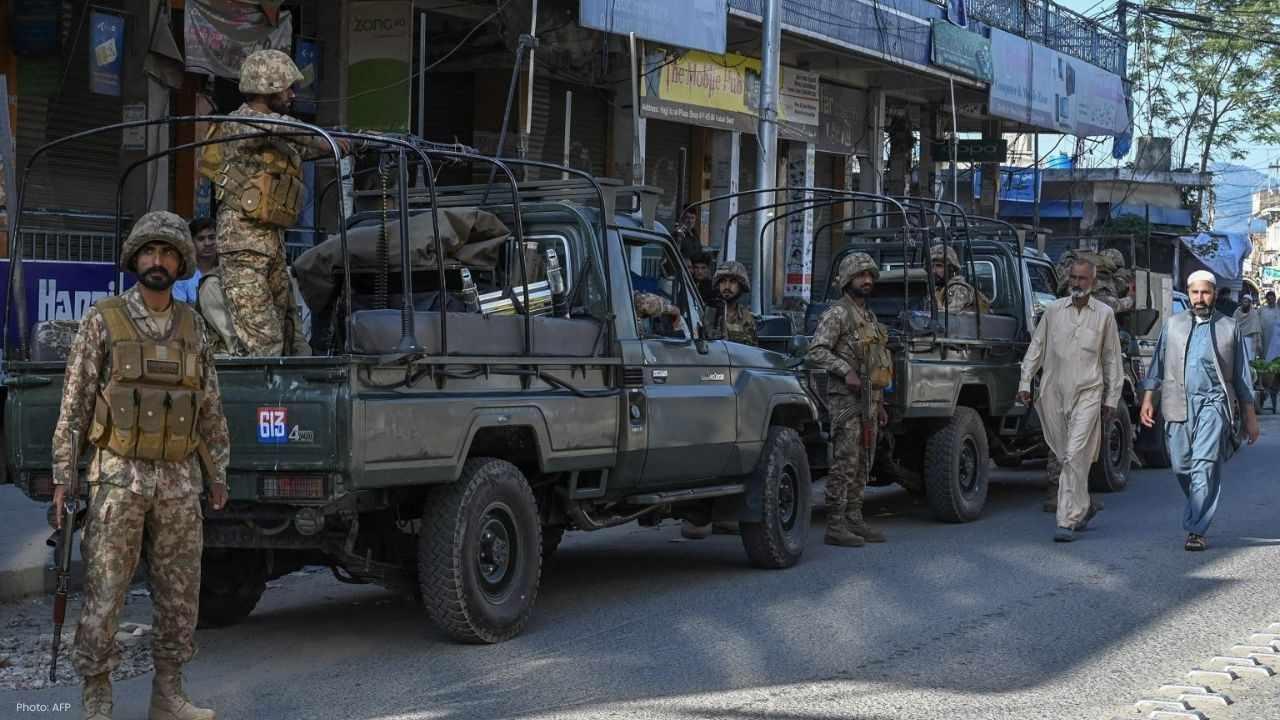
Post by : Mumtaaz Qadiri
In the northwest of Pakistan, tragedy struck on Saturday when twelve soldiers lost their lives in a violent ambush by Islamist militants. The soldiers were traveling in an army convoy through the mountainous region of South Waziristan, close to the Afghan border, when they came under heavy fire. The area, known as Badar, has long been a hotspot for militant activity, making it one of the most dangerous places for military movements.
Army Convoy Targeted By Militants
The soldiers were moving in military vehicles when militants launched their attack. According to officials, the assault was sudden and intense, catching the convoy off guard. Gunfire quickly turned into a fierce exchange of fire between the soldiers and the attackers. The Pakistani military later confirmed that twelve soldiers had been killed during the clash, while at least thirteen militants also lost their lives.
Fierce Exchange Of Fire
The military described the incident as an "intense exchange of fire" that lasted for hours. Soldiers fought back bravely, but the militants had the advantage of surprise. Despite the losses, the army reported that they killed more militants than the number of soldiers lost. However, the toll was still heavy for Pakistan’s armed forces, which have faced a rising wave of such attacks in recent years.
Injured In The Attack
Besides the fatalities, at least four other people were injured during the clash. These included both security personnel and possibly local civilians who were caught in the fighting. Helicopters were later seen flying over the area, transporting the wounded to nearby hospitals and carrying out search operations for the attackers.
Claim Of Responsibility
Soon after the attack, the Pakistani Taliban, also known as Tehrik-i-Taliban Pakistan (TTP), claimed responsibility. The group, which has waged a violent campaign against the Pakistani state, announced that it had captured weapons and drones from the ambushed convoy. The capture of military equipment raises further concern about the group’s growing strength and boldness.
Residents Witness Military Response
Local residents of South Waziristan reported that they saw helicopters hovering in the sky for hours after the attack. These helicopters were used to evacuate the injured, recover the bodies of the dead, and search for the militants who had launched the ambush. The heavy military presence reflected the seriousness of the attack and the urgent efforts to prevent further assaults.
Routine Security Measures Questioned
Normally, before an army convoy moves in such a risky area, a curfew is imposed and the route is carefully cleared to avoid any attacks. The fact that militants were still able to strike raises questions about how the ambush was planned and whether the attackers had inside information. This incident highlights the challenges the Pakistani army faces when moving through territories where militants remain active.
Growing Threat From Pakistani Taliban
The Pakistani Taliban have stepped up their attacks since 2021, when the Afghan Taliban took power in Kabul. The group has mainly targeted security forces, launching deadly strikes in tribal regions and beyond. Inspired by the Afghan Taliban, the TTP seeks to enforce its version of Islamic law inside Pakistan. The renewed violence has created a major security problem for Islamabad.
Pakistan Blames Afghanistan And India
Islamabad has long accused the Afghan Taliban administration of sheltering the Pakistani Taliban on Afghan soil. Officials in Pakistan also allege that India supports these groups to destabilize Pakistan. Both Afghanistan and India deny these accusations. Still, the presence of TTP fighters across the border in Afghanistan is a continuing source of tension between Islamabad and Kabul.
Military’s Official Statement
Following the attack, Pakistan’s military released a strong statement. It confirmed the death toll of twelve soldiers and declared that Pakistan expected the Afghan government to "deny use of its soil for terrorists’ activities against Pakistan." This message underlined Islamabad’s frustration with Kabul and its demand for more action against militant sanctuaries.
History Of Militancy In Waziristan
South Waziristan has a long and troubled history with militancy. Located along the border with Afghanistan, the mountainous region has often served as a hiding place for extremist groups. The terrain makes it difficult for security forces to completely clear the area of militants. Over the years, Pakistan has launched many military operations there, but the problem persists.
Regional Tensions Rise Again
This latest attack is likely to worsen tensions between Pakistan and Afghanistan. Pakistan believes that the Afghan Taliban government is not doing enough to stop militants from crossing the border. For its part, Afghanistan denies giving shelter to the TTP and says Pakistan should focus on its own security challenges. These disagreements add to already strained relations between the two neighbors.
Impact On Local Communities
For people living in South Waziristan, attacks like this create fear and instability. Many residents have already faced years of conflict, displacement, and curfews due to militant activity. The return of frequent violence raises concerns about the safety of ordinary families and the future of peace in the region.
Pattern Of Rising Violence
Security experts note that militant attacks in Pakistan have been increasing since 2021. The withdrawal of foreign forces from Afghanistan and the return of the Taliban in Kabul gave the Pakistani Taliban more confidence. This has resulted in more daring operations against the Pakistani army and police, putting the government under pressure to respond.
Global Concerns
The international community also watches such incidents with concern. Militant groups in Pakistan and Afghanistan have links with wider extremist networks. If violence spreads further, it can destabilize the entire region, which includes important global players such as China and India. Peace and stability in South Asia are therefore crucial for the world.
The ambush in South Waziristan shows the serious challenges Pakistan faces in its fight against militancy. The loss of twelve soldiers is a painful reminder of the human cost of this conflict. While the military succeeded in killing thirteen militants, the attack raises many questions about security measures, regional cooperation, and the future of peace efforts. As Pakistan demands more action from Afghanistan, the region braces itself for further developments in this ongoing struggle.
pakistan militant attack, south waziristan clash, pakistani army convoy







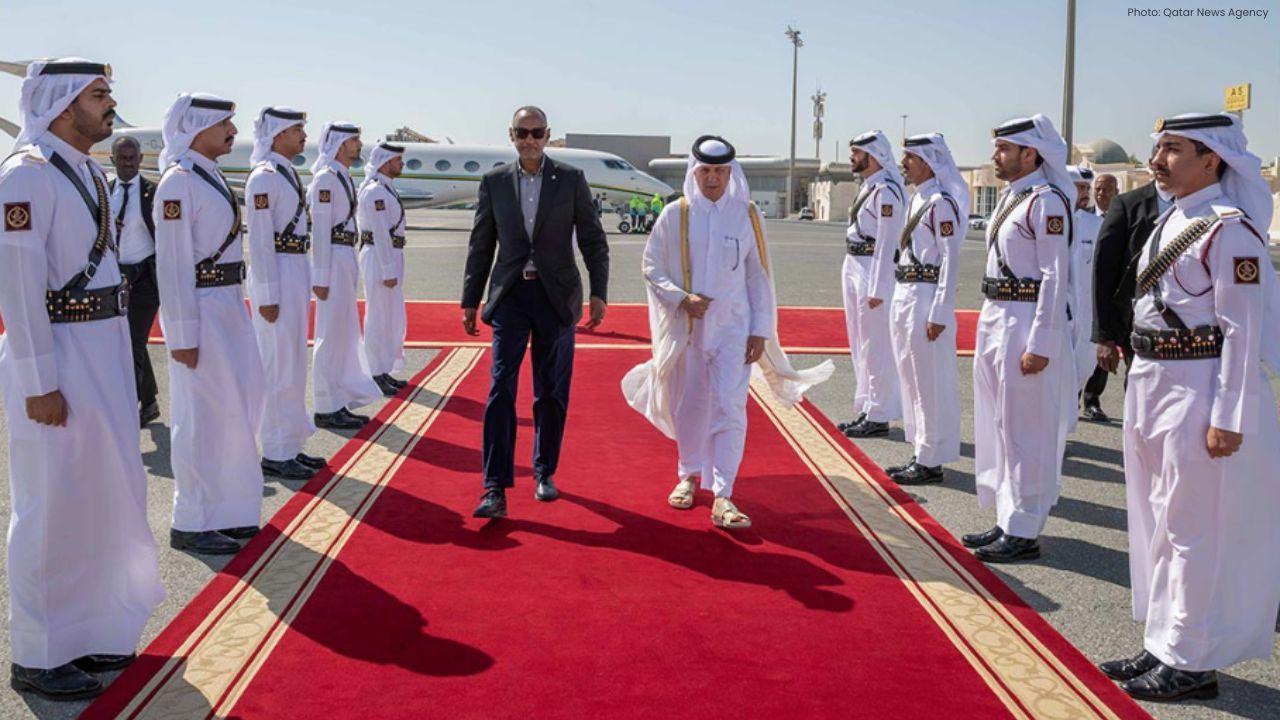

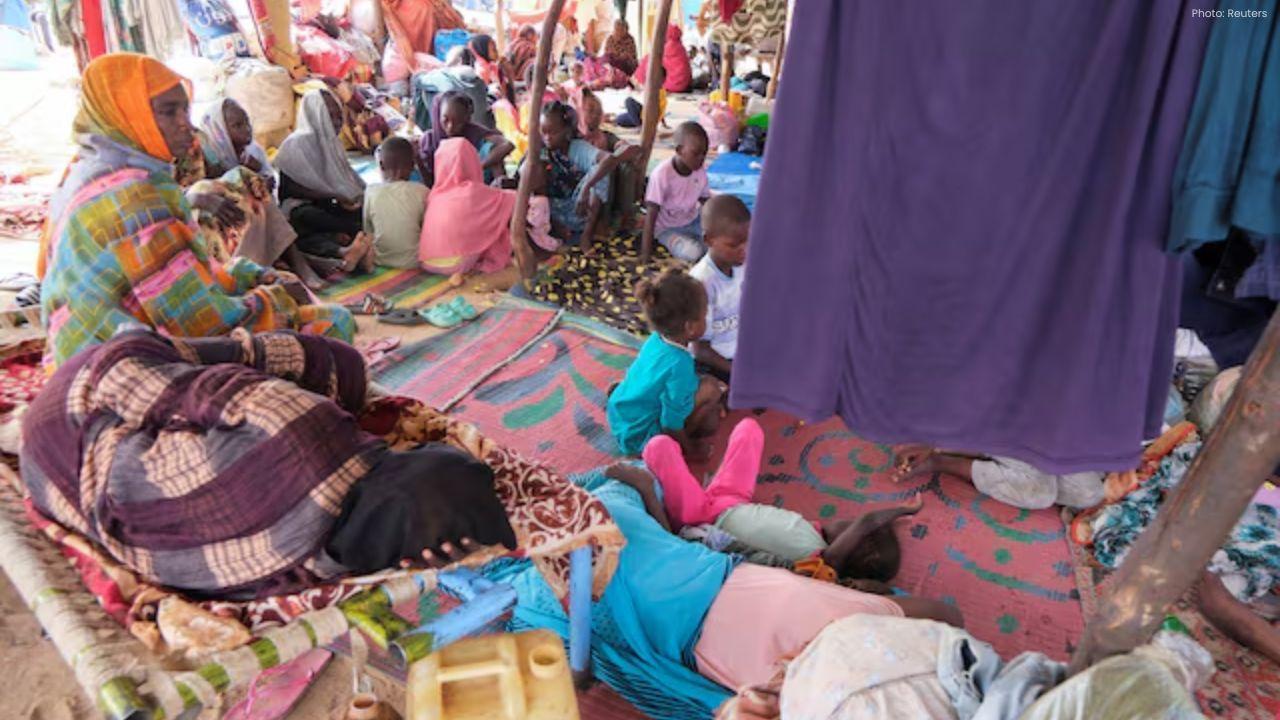
US, Saudi, UAE And Egypt Call For Truce and Peace In Sudan
US, Saudi, UAE, and Egypt urged a 3-month truce in Sudan, pushing for peace, civilian rule, and reli
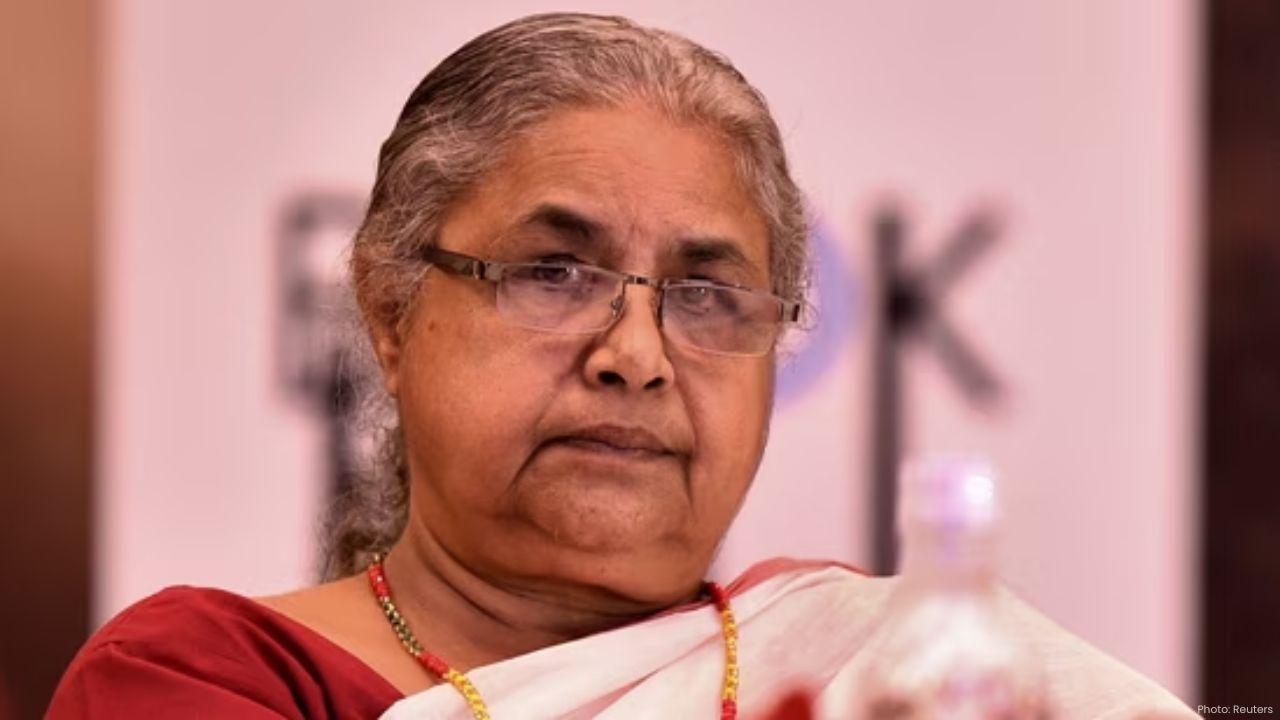
Sushila Karki Becomes Nepal’s First Woman Interim Prime Minister
Former Chief Justice Sushila Karki was sworn in as Nepal’s interim Prime Minister. She will lead unt

Twelve Soldiers Killed In Militant Attack In South Waziristan
Twelve soldiers were killed in an ambush by militants in South Waziristan near Afghanistan’s border,

Pavel Sivakov Gets Second Place In Québec Bike Race
Pavel Sivakov took second place in the Québec bike race as Julian Alaphilippe won. Tadej Pogačar ret
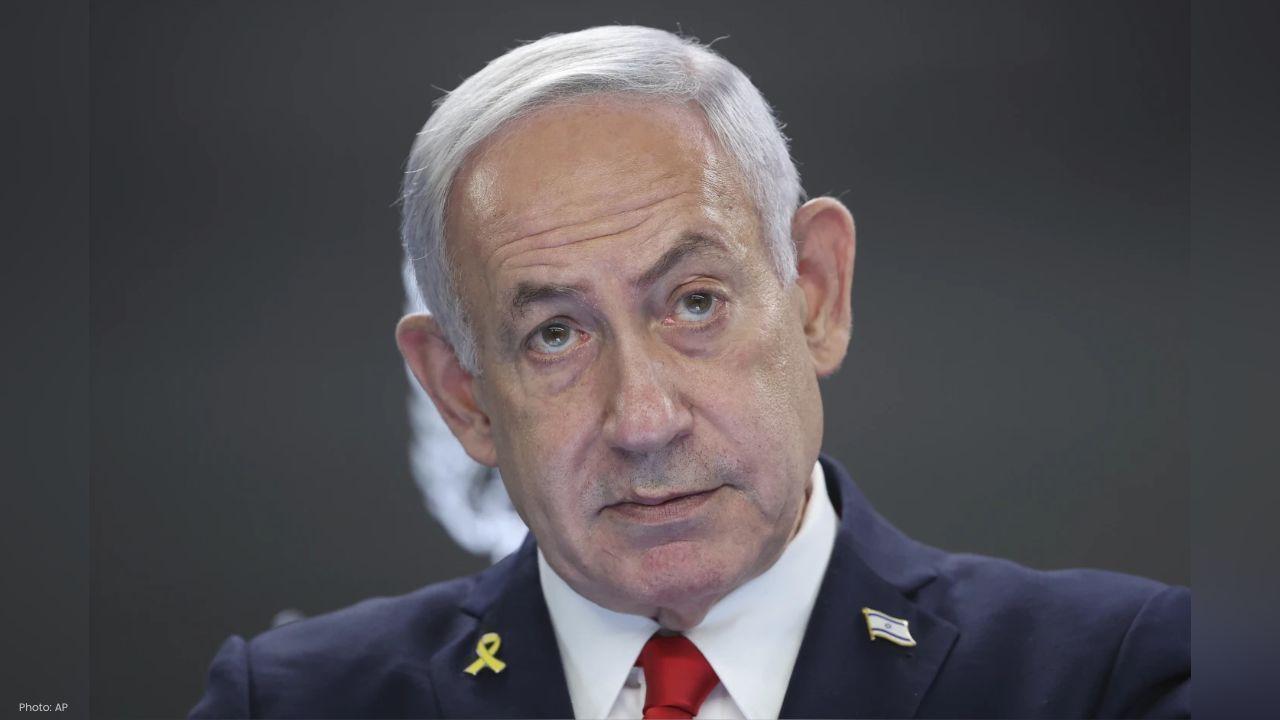
Netanyahu Fails In Qatar Strike As Hamas Leaders Survive
Israel’s strike in Qatar to kill Hamas leaders failed, sparking backlash, harming Netanyahu’s global
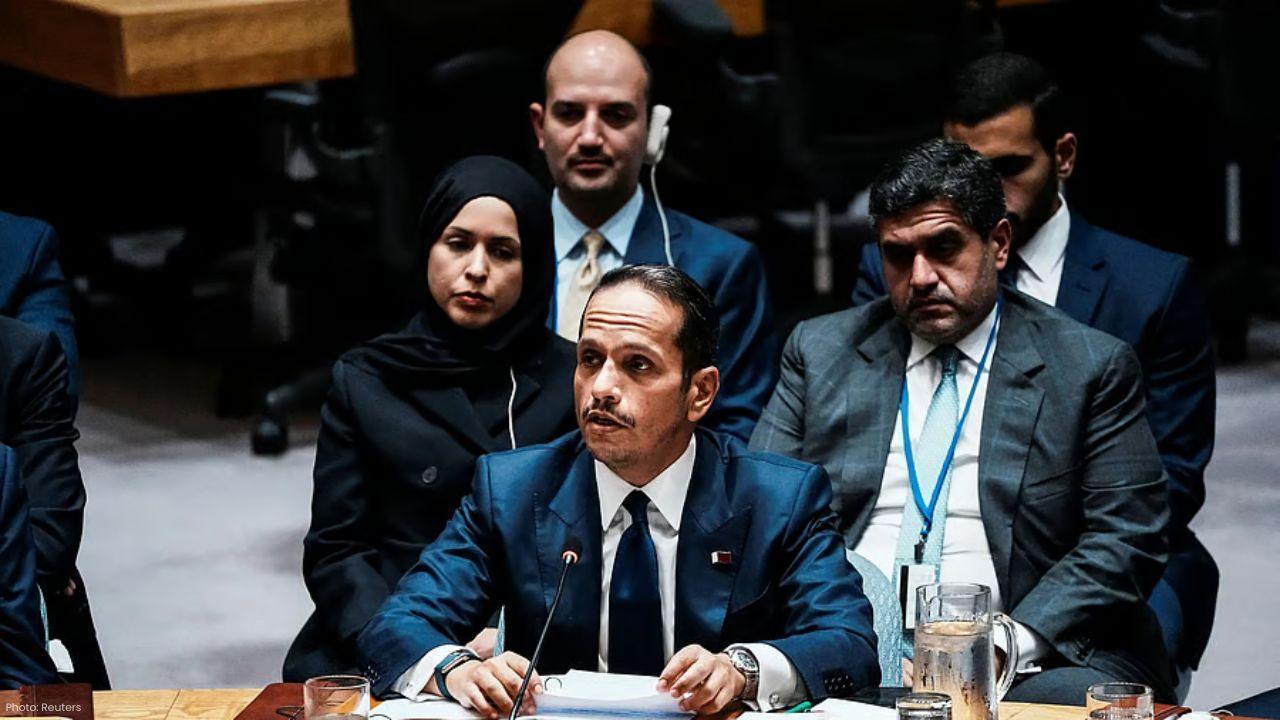
Qatar Prime Minister Meets Trump After Israeli Strike On Doha
Qatar’s Prime Minister meets Donald Trump in New York after Israel’s deadly strike on Doha. Talks fo